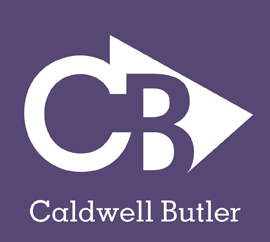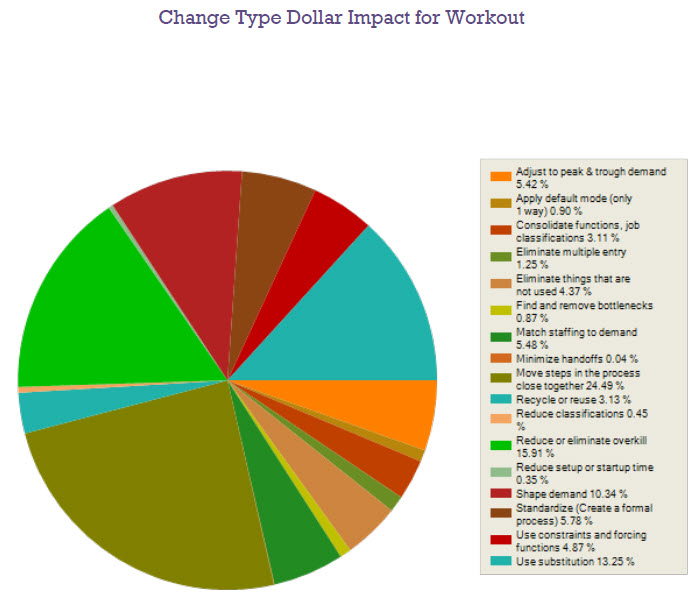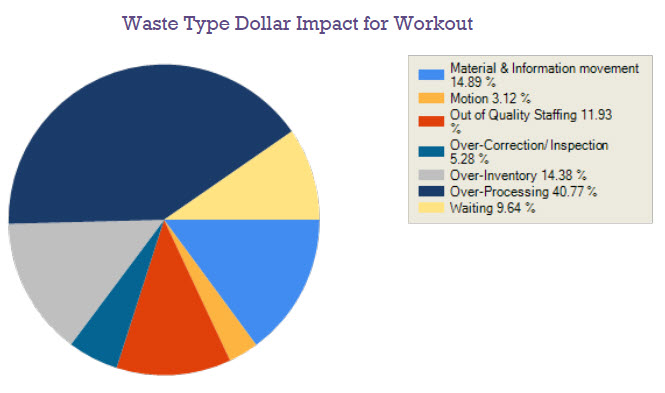

Yavapai Regional Medical Center, a locally owned and operated not-for-profit medical system located in the Southwest, encompasses two campuses with a total of 200+ acute beds. The leadership team elected to embark on the goal of preparing for healthcare reform with an emphasis on preserving their operating margin. Senior leaders were seeking an approach that would transform their culture by increasing accountability and the overall speed and agility in the organization to meet the rapid pace of change.
CBA began working with the Yavapai Regional team by mobilizing the entire organization by implementing an accountability structure called the 100-Day Workout. Hospital leadership elected to focus on Quality Waste Recovery as their first effort. Managers were challenged to identify waste and changes to work processes that would produce tangible margin improvement when implemented. The 100-Day Workout provided a systematic approach to implementation to ensure that progress or its absence was instantly visible and the delays in implementation were overcome.
Action Targets: The senior leadership team issues action targets for everyone in the organization, including members of senior leadership. Every manager, director, and senior leader was committed to completing two quality-driven changes per manager per month that would move the hospital toward their financial goals. This had the effect of creating a sense of urgency and demonstrating the commitment to change that permeated the entire organization.
 Implementation of Rapid Cycle Testing: CBA mentored the Yavapai team on the implementation of methods that increased speed and reduced barriers to change. An experimental mind set was fostered through the introduction of Rapid Cycle Testing. This methodology delivered the benefits of reducing the fear of failure, creating a culture that values experimentation, and increasing the speed of the organization.
Implementation of Rapid Cycle Testing: CBA mentored the Yavapai team on the implementation of methods that increased speed and reduced barriers to change. An experimental mind set was fostered through the introduction of Rapid Cycle Testing. This methodology delivered the benefits of reducing the fear of failure, creating a culture that values experimentation, and increasing the speed of the organization.
Implementation of Waste Categories: Caldwell Butler provided a general introduction to Lean concepts and an easy-to-understand overview of 7 categories of waste. By the end of day one, each manager had recorded several ideas and was expected to have 8 plans recorded that they could fully implement in the next 100 days.
Comprehensive Planning: CBA guided senior leaders as they embarked on a parallel 100-Day Workout in which they prioritized their current and proposed efforts into a comprehensive plan. They achieved consensus on what were the most important priorities to be completed in the next 100 days and proceeded accordingly.
 Results: Yavapai Regional Medical Center leadership responded to this challenge by creating 468 separate plans to improve margin. By the end of the first 100-Days, they had implemented 69% of the plans and had achieved $2.4M in CFO validated savings. An additional benefit of the 100-Day Workout was a dramatic increase in the amount of collaboration between departments’ priorities to be completed in the next 100 days, and it proceeded accordingly.
Results: Yavapai Regional Medical Center leadership responded to this challenge by creating 468 separate plans to improve margin. By the end of the first 100-Days, they had implemented 69% of the plans and had achieved $2.4M in CFO validated savings. An additional benefit of the 100-Day Workout was a dramatic increase in the amount of collaboration between departments’ priorities to be completed in the next 100 days, and it proceeded accordingly.